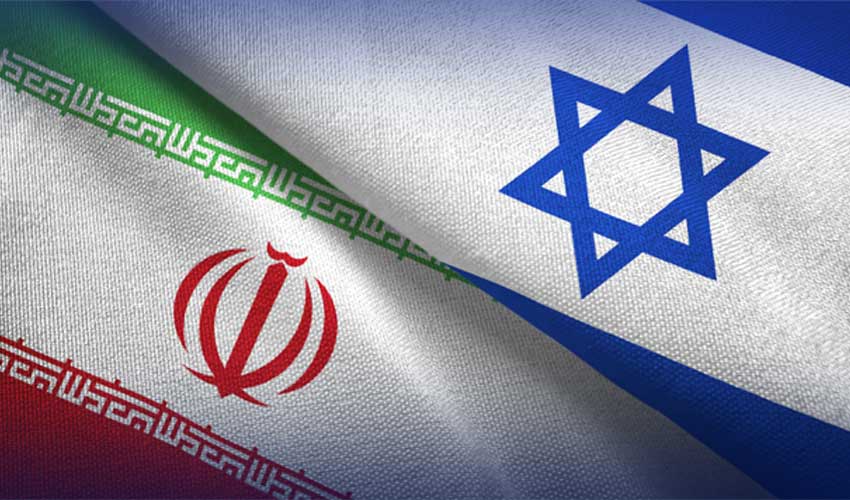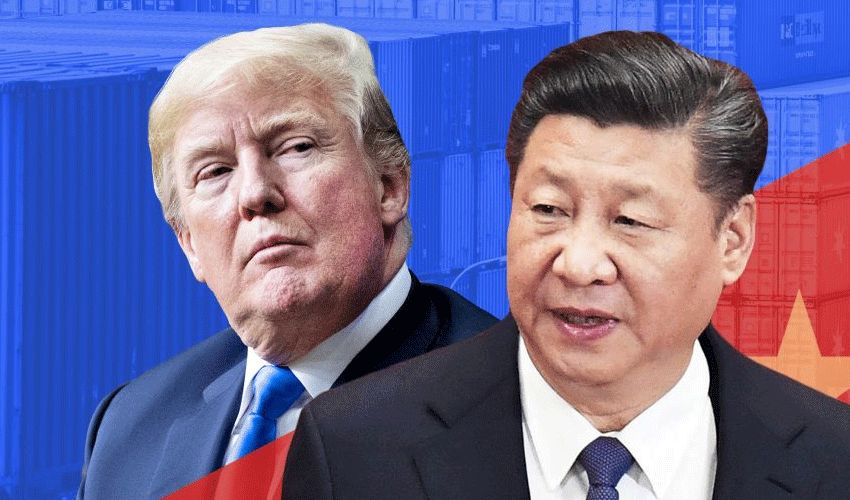Tensions between Iran and Israel escalated dramatically today following a devastating Israeli airstrike on the Iranian embassy in Damascus. Iran responded swiftly with a barrage of missiles aimed at Israeli defense installations, raising fears of wider conflict.
Let's take a look at how Iran and Israel stack up against each other. These numbers show us who's got more people, guns, and money.
Military strength
Iran boasts a significant advantage in manpower, with 610,000 active personnel compared to Israel's 170,000.
However, Israel has a larger reserve force, with 465,000 compared to Iran's 350,000. The balance of power in terms of available manpower could play a crucial role in the conflict's outcome.
Iran 🇮🇷 vs Israel 🇮🇱
— World of Statistics (@stats_feed) April 14, 2024
Total Population:
Iran 🇮🇷: 87.6M
Israel 🇮🇱: 9.04M
Available Manpower:
Iran 🇮🇷: 49.05M
Israel 🇮🇱: 3.80M
Fit-for-Service:
Iran 🇮🇷: 41.17M
Israel 🇮🇱: 3.16M
Military Personnel:
Active Personnel:
Iran 🇮🇷: 610K
Israel 🇮🇱: 170K
Reserve Personnel:
Iran 🇮🇷: 350K…
Airpower
Israel holds a slight edge in total aircraft, with 612 compared to Iran's 551. Additionally, Israel has more fighter aircraft and attack helicopters, which could give them an advantage in aerial combat.
Naval power
Iran possesses a formidable fleet of 101 vessels, including 19 submarines, compared to Israel's 67 vessels and 5 submarines. Control of the seas could be crucial for both sides in securing strategic positions and conducting naval operations.
Financial resources
While Iran has a lower defense budget at $9.95 billion compared to Israel's $24.4 billion, it holds a stronger financial position with lower external debt ($8 billion compared to Israel's $135 billion).
In the meanwhile, Iran has lower foreign reserves ($127.15 billion compared to Israel's $212.93 billion). Financial stability could be a significant factor in sustaining military operations.
Oil Advantage
Iran is the big player in oil production. They pump out 3.45 million barrels a day, while Israel doesn't produce any.
As tensions continue to rise, the international community anxiously monitors the situation, hoping for a swift resolution to prevent further escalation and instability in the region.


























